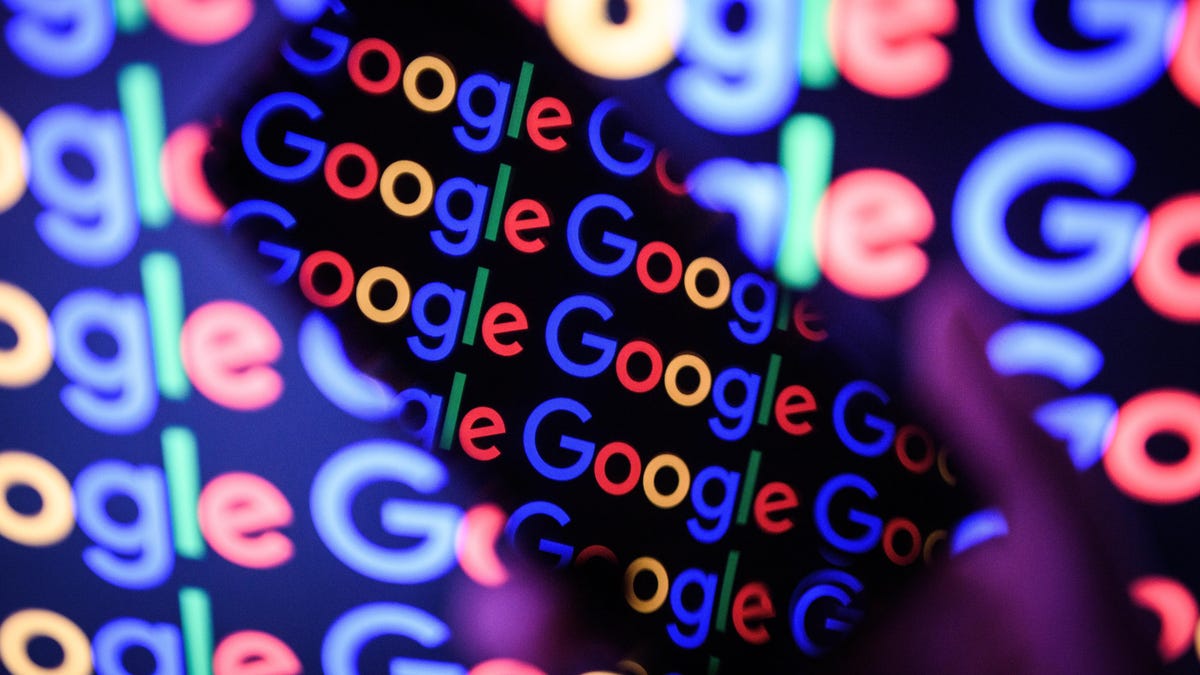Google uncovers Russia-backed ads on YouTube and Gmail
The ads are the first evidence that Russian operatives used Google to try to influence the 2016 US presidential election.

Google is the world's largest online advertisement platform.
Russian operatives spent tens of thousands of dollars on ads on YouTube, Gmail and Google search, an internal Google investigation has uncovered.
The ads are the first evidence Google has found that show Russia was trying to use the company's advertising platform to influence the 2016 US presidential election, according to a Washington Post report on Monday.
At the same time, those ads do not appear to have originated from the same Kremlin-backed source that bought ads across Facebook, said sources familiar with the investigation, suggesting that a number of entities could share responsibility in the Russian effort to spread disinformation.
"We have a set of strict ads policies including limits on political ad targeting and prohibitions on targeting based on race and religion," a Google spokesperson said Monday. "We are taking a deeper look to investigate attempts to abuse our systems, working with researchers and other companies, and will provide assistance to ongoing inquiries."
The presence of fake news stories on social media, and charges of Russian meddling, cast a shadow over the 2016 presidential election in the US. A year later, tech companies and government officials are still trying to figure out the full extent of the issues.
Google has for the most part avoided the level of scrutiny aimed at fellow Silicon Valley stalwart Facebook, which handed over 3,000 Russia-backed ads to Congress earlier this month. But Google's own investigation got its spark from pressure by Congress to determine the extent to which Russian operatives used social media and bought ads across internet platforms.
Facebook's role extends beyond ads to the sorts of hoax stories that showed up in people's news feeds. Over the weekend, the its security chief defended the social media giant's use of algorithms, describing the problem of fake news as larger and more complicated than many realize.
"I am seeing a ton of coverage of our recent issues driven by stereotypes of our employees and attacks against fantasy, strawman tech [companies]," Facebook's Alex Stamos said in a Twitter thread. "Nobody of substance at the big companies thinks of algorithms as neutral."
On Nov. 1, Google officials are expected to testify in front of Congress on the issue, along with representatives from Facebook and Twitter.
Originally posted Oct. 9 at 5:42 a.m. PT.
Update at 7:16 a.m. PT: Added comment from Google and background information.
The Smartest Stuff: Innovators are thinking up new ways to make you, and the things around you, smarter.
iHate: CNET looks at how intolerance is taking over the internet.

